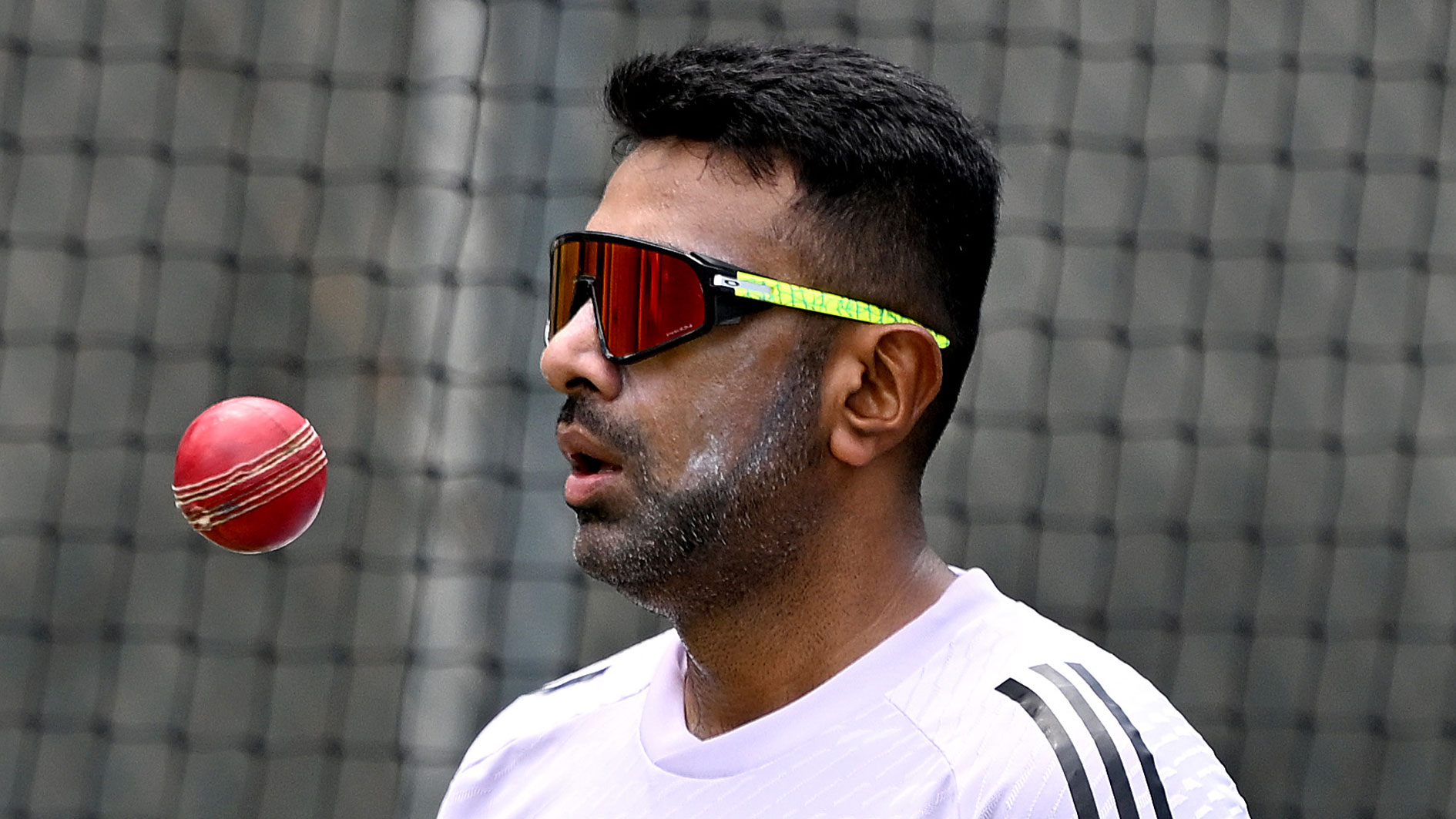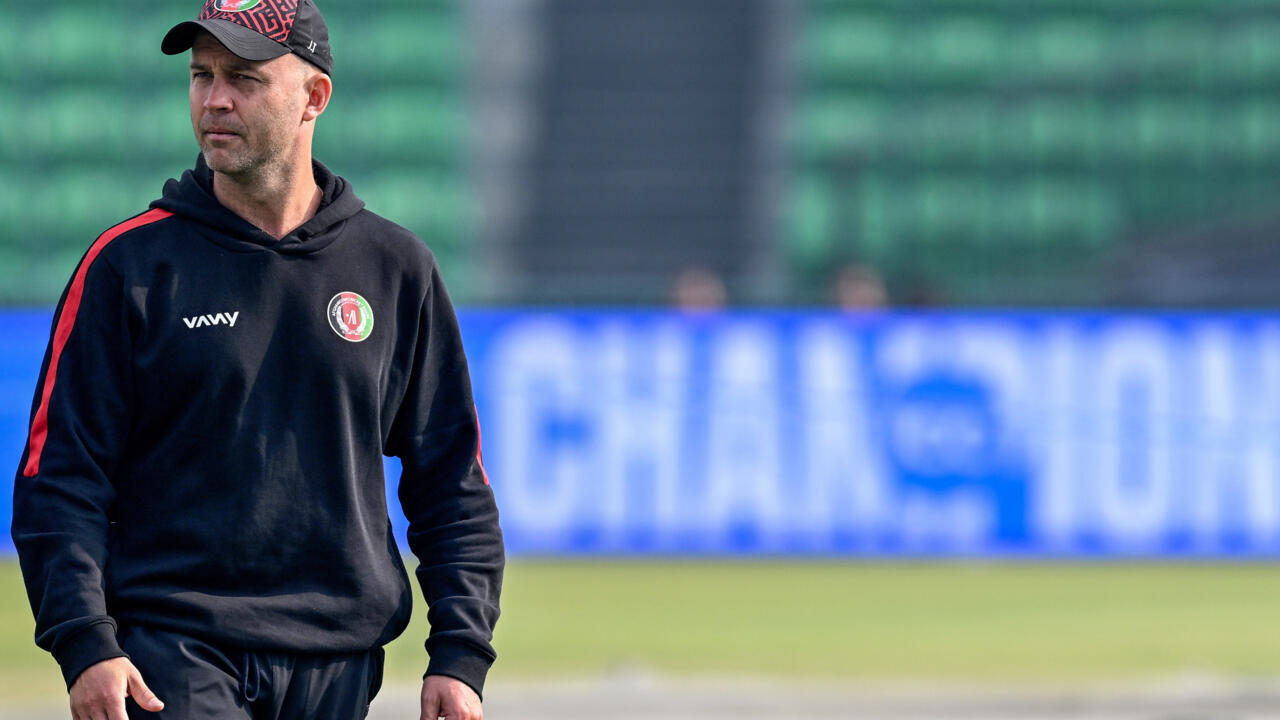Liam Coen: Jaguars chose to receive the overtime kickoff so we could eat the clock

The NFL’s new overtime rules, which guarantee both teams a possession, have changed most teams’ strategies: It used to be that the team winning the coin toss almost always chose to receive the overtime kickoff, but in the first three overtime games under this year’s new rules, the team that won the toss chose to kick off.In this season’s fourth overtime game on Sunday, however, Jaguars head coach Liam Coen chose to receive. And he said that’s because regular-season overtime lasts only 10 minutes, and he wanted to run out the clock on the opening possession so the Raiders wouldn’t have much time for a drive of their own.“That was something we had talked about really, in all of our game management meetings — in the regular season, that we wanted to take the football,” Coen said. “If we would’ve been able to pin them on the kickoff, you’re talking about a two-minute drill to have to go win the game, right? It was about two minutes and 40 seconds or so when they got the ball back. And you’ll take that. We were trying to eat the clock, eat the clock, and we ran it, I think it was nine straight times I believe, on that drive. That was the whole point. That was the goal of receiving and taking the ball first.”The Jaguars got a 54-yard kickoff return to start overtime, which set them up at the Raiders’ 44-yard line, then ran the ball on nine of their 10 overtime plays, ultimately scoring a touchdown and taking almost seven minutes off the clock.The Raiders’ overtime possession began with 3:16 remaining, and the Raiders made the most of it, scoring a touchdown with 16 seconds left. But the Raiders missed the two-point conversion, giving the Jaguars the win and giving Coen an opportunity to show that either strategy on the overtime coin toss can work.













